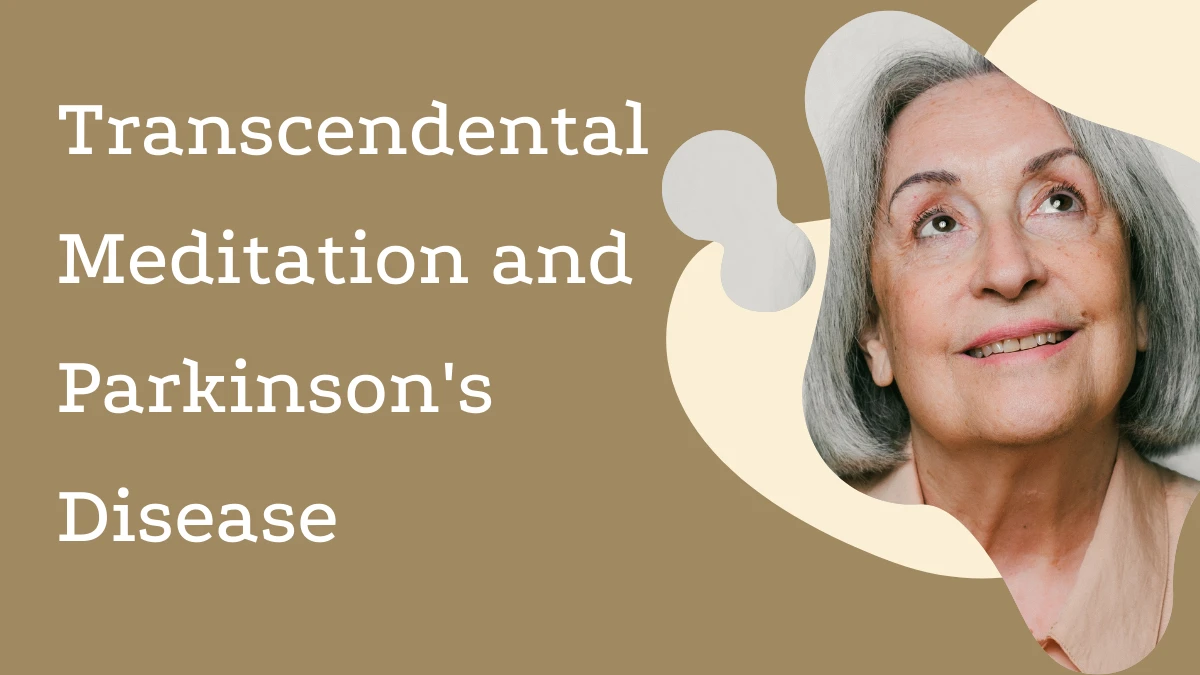Table of Contents
Even though Parkinson’s disease is challenging to handle as it causes tremors and motor movement issues and affects the quality of life, you can overcome these systems to an extent.
But how? You can practice Transcendental Meditation (TM), mindfulness, meditation, and relaxation, which will give you the self-control to handle yourself effectively.
In this guide, we will learn the relationship between Transcendental Meditation and Parkinson’s disease, the deep roots of Parkinson’s disease, its impacts and challenges, and how to use TM and Mindfulness to lead a healthy life.
Let’s get started!
Key Takeaways
- Even though Parkinson’s disease cannot be cured the patients can control the symptoms through some tactics.
- The key tactics used to control Parkinson’s disease are Transcendental Meditation (TM), mindfulness, meditation, and relaxation.
- Even though the main cause of Parkinson’s disease has not been revealed yet, it still can be prevented, and the symptoms can be controlled to an extent.
What Is Parkinson’s Disease?
Parkinson’s disease is a type of progressive disorder that primarily affects the nervous system and several parts of the body, which are controlled by the nerves. Hence, the disease is characterized based on the degeneration of dopaminergic neurons, which is located in the brain’s substantia nigra.
However, as the disease progresses, the symptoms become slightly visible, including hand tremors, slowing of movement, changes in expression (which leads to no expression), lack of hand swinging when walking, and more!
Even though this disease can’t be cured, you can seek medical help to overcome some symptoms.
Read our article on TM Research to explore the power of transcendence towards better life.
What Are The Common Symptoms And Challenges Faced By Patients?
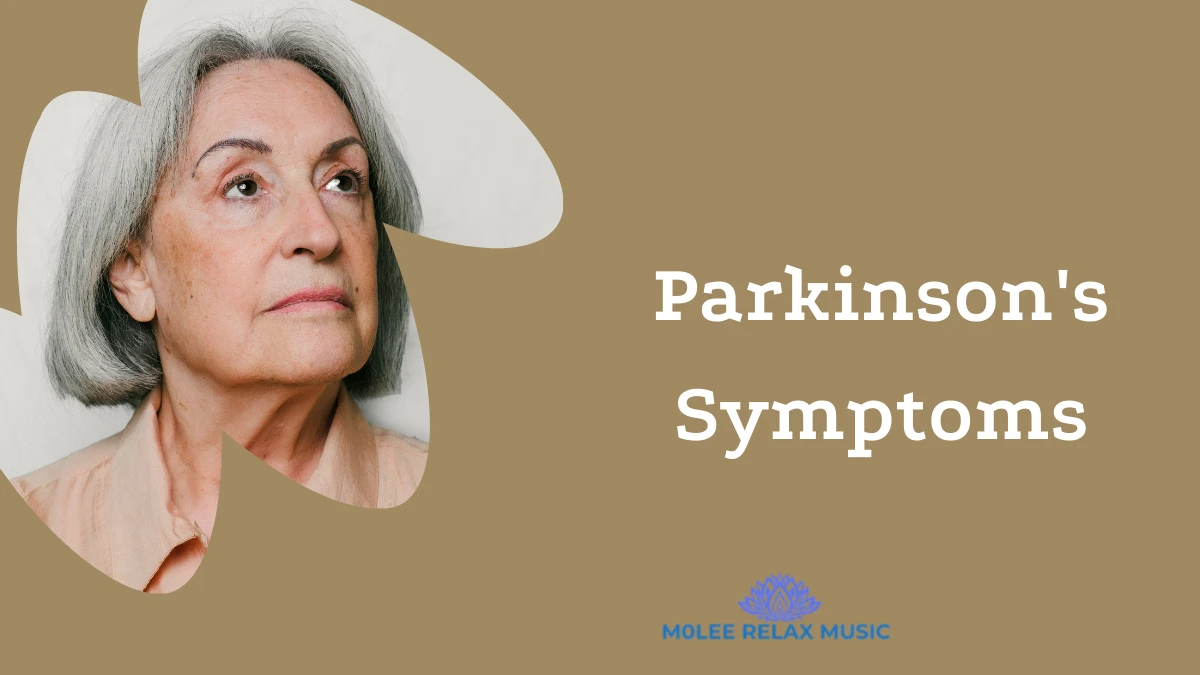
The following are the critical symptoms faced by patients with Parkinson’s:
- Tremor: If you have rhythmic shaking or tremble at rest, it is called Tremor. The patient may experience Tremors when not engaged in any tasks.
- Stiffness in muscle: Muscle stiffness can cause pain in any part of the body and limit the patient’s motion.
- Slowness in movement: Parkinson’s disease may lead to slow and limited movement. For example, the patient may struggle to move away from the chair.
- Changes in speech: The patient’s speech may become soft, slow, and hesitant to talk.
- Decrease in posture and balance: Due to an imbalance in the body, the patient’s posture may be unbalanced or limited to specific movements.
Based on the symptoms we discussed, an individual having Parkinson’s Disease may face a couple of challenges as follows:
- Limited physical movements.
- It affects the emotional well-being while experiencing the symptoms of the disease.
- Inability to do even simple tasks
- Lose of energy and frequent fatigue
- Changes in blood pressure
- Pain is experienced during muscle stiffness in specific parts of the entire body.
- Face problems related to smell dysfunctions.
Current Treatment Modalities
Even though there’s no proper solution to overcome Parkinson’s Disease, its symptoms can be controlled through medications. The type of treatment solely depends on the situation and the stage of the patient’s Parkinson’s Disease.
The following are the critical treatments used currently to control the disease:
- Simulating Dopamine.
- Using dopamine metabolism blockers.
- Adenosine blockers.
- Gene therapies and gene-targeted treatments.
- Levodopa metabolism inhibitors.
- Neuron-repair treatments.
- Deep brain stimulation.
- Stem cell transplants.
What Are The Main Cause Of Parkinson’s Disease?
The leading cause of Parkinson’s disease is still not clear and fully understood. However, it may be a result of genetic and environmental factors.
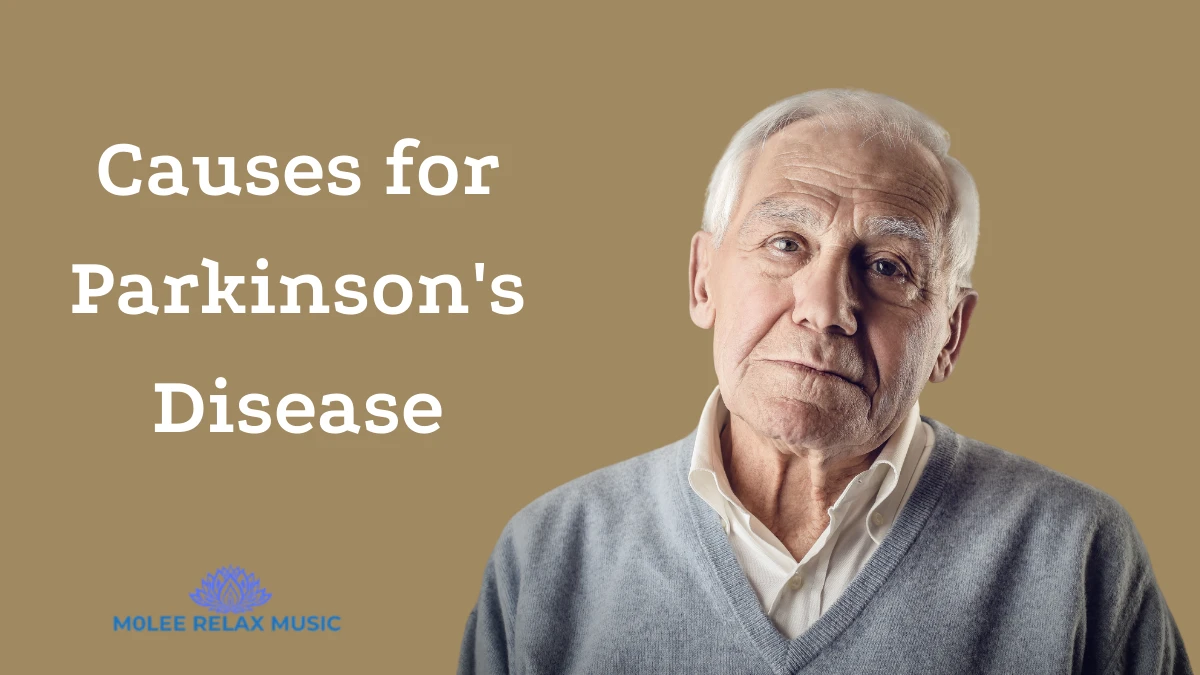
Genetic factors may include genetic mutations, even though most cases are not directly inherited.
Next, the environmental factors may include such as due to exposure to toxins, industrial chemicals, and pesticides, causing a high risk for Parkinson’s disease.
What Should You Not Do If You Have Parkinson’s Disease?
So, if you have Parkinson’s disease, the following are the essential practices you should avoid:
- Obtaining medications without proper consultations.
- Ignoring symptoms that may emerge from time to time.
- Staying alone may cause physical and emotional challenges
- Avoiding regular exercises.
- You are ignoring essential diet plans and nutrition intake.
- Avoiding regular doctor appointments to track the progress.
What Are The Two Likely Causes Of Parkinson’s Disease?
The two likely causes of Parkinson’s disease are as follows (discussed in detail above):
1. Genetic factors
- Genetic Mutations: Certain changes in genes linked to Parkinson’s, though not all mutations directly cause the disease.
- Inherited Risk: While rare, Parkinson’s can run in families due to these genetic changes.
- Sporadic Cases: Most Parkinson’s cases appear without a clear genetic reason, suggesting other factors at play.
2. Environmental factors
- Toxin Exposure: Chemicals like pesticides and solvents have been associated with higher Parkinson’s risk.
- Industrial Chemicals: Long-term exposure to certain industrial substances may damage nerve cells.
- Combination of Factors: Often, the interaction between genetics and environmental stressors leads to Parkinson’s.
What Is Transcendental Meditation (TM)?
Transcendental Meditation (TM) is a technique for deep relaxation and inner peace, emphasizing effortless meditation and relaxation through transcending thought.
According to the transcendental meditation practice, when you engage in meditation, the general thinking process is “transcended.” Thus, it enhances rest, stillness, and stability and stabilizes your well-being.
Effects Of Transcendental Meditation
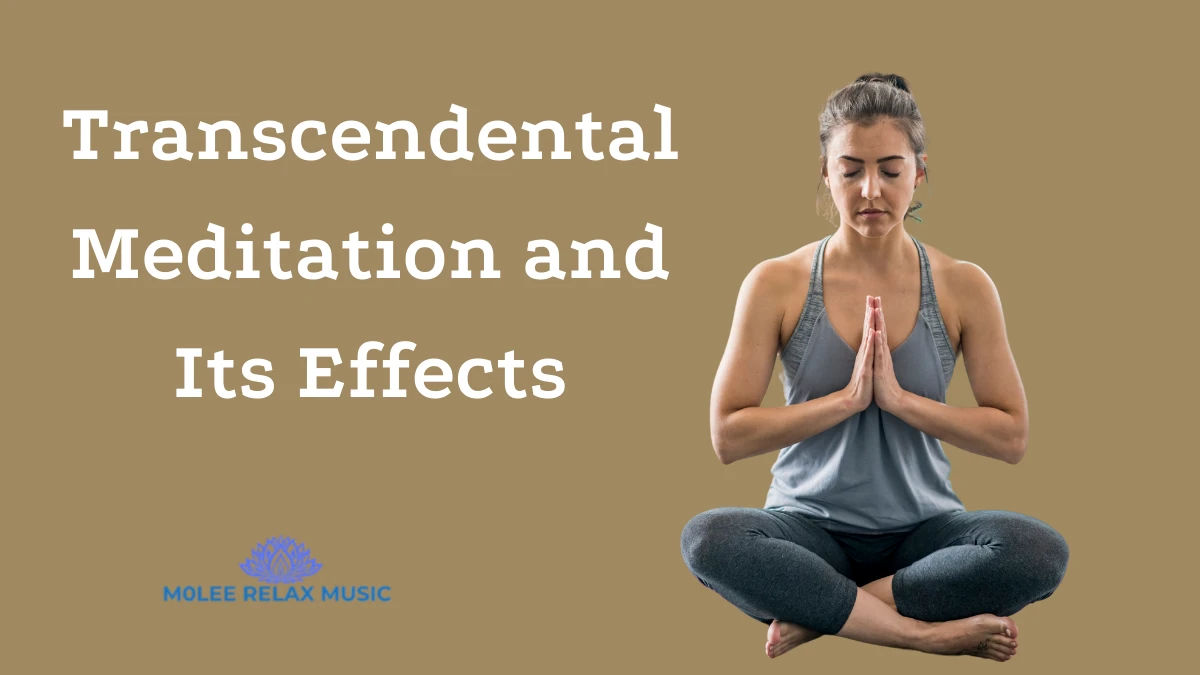
The following are the critical effects of practicing TM in your routine:
- Helps to reduce stress: TM ensures a deep sense of relaxation and relieves tension and stress in your body and mind.
- Enhances mental stability: Practicing TM ensures you sustain your cognitive functions, including attention, memory, and creativity.
- Ability to obtain better sleep: Enhances sleep quality, faces fewer distractions at night, and receives a refreshing sleep.
- Decreases blood pressure: TM enhances cardiovascular health and immune function and overcomes hypertension, inflammation, and autoimmune disorders.
How Long Does It Take For TM To Work?
The practice of TM typically involves consistent, long-term practice to experience significant benefits. While some individuals may notice immediate relaxation or stress reduction, the timeline for experiencing results can vary greatly from person to person.
Doesn’t that sound effective? However, you need to follow the proper practices and instructions given by the practitioner to see effective results.
The Science Behind TM’s Effects On The Brain
Since practicing TM directly impacts the brain and its functions, you must know how it affects and enhances the growth of your brain, autonomous nervous system, and stress hormones. Thus, these considerations are discussed below.
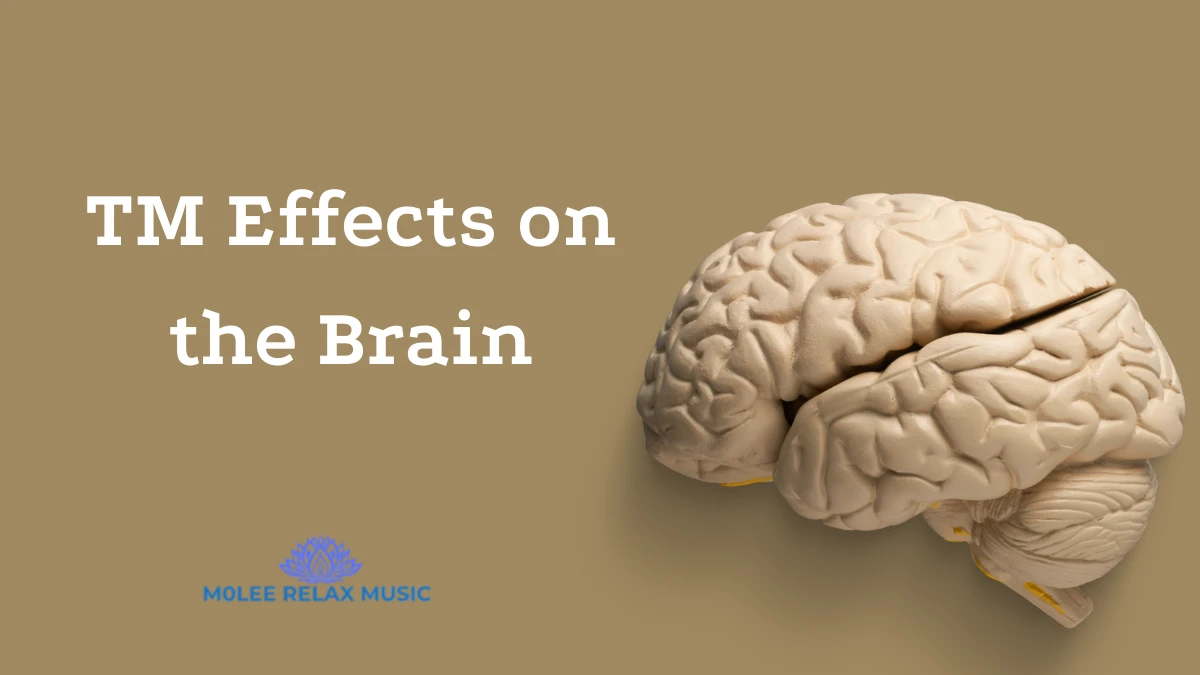
TM’s Impact On The Brain’s Function
TM primarily impacts the brain’s function by promoting the growth of new neural connections through neuroplasticity. Also, it enhances strength against stress, including the power of stress response, a sense of depression, and the ability to overcome any effects of anxiety or PSTD.
Alongside, it enhances the cognitive, emotional, and psychological benefits driven to an individual.
Read our full article on Transcendental meditation’s effects on the brain to get a deeper understanding of this.
How TM Affects The Autonomic Nervous System And Stress Hormones
TM helps to balance the autonomic nervous system by maintaining a balance between its functions. Since the nervous system ensures rest, recovery, and relaxation, it decreases sympathetic nervous system activity when TM is practiced.
Moreover, TM effectively balances sympathetic and parasympathetic branches, which are essential to maintaining homeostasis and overcoming stress hormones.
We already published a full article on TM and hormones and we invite you to explore it as well.
Potential Benefits Of TM for Neurological Health
The following are the key benefits of TM for neurological health:
- It helps to reduce stress and lead a quality life.
- It helps to enhance cognitive function and brain functionality related to mental aspects.
- Enhance memory and concentration power.
- Reduce the risk of age-related cognitive issues, which are caused based on one’s age and body.
- It helps to overcome neurodegenerative diseases such as Alzheimer’s and Parkinson’s.
What Happens To Your Brain When Practising Transcendental Meditation?
Practicing TM positively impacts your brain, but what does it do? Regularly getting involved in TM helps to enhance the high-power alpha waves produced in the brain. Thus, these patterns help empower your brain’s serenity and bliss.
Also, when the brain’s alpha waves are synchronous, your brain’s judgment and stability are strengthened.
How TM Helps for Parkinson’s Disease
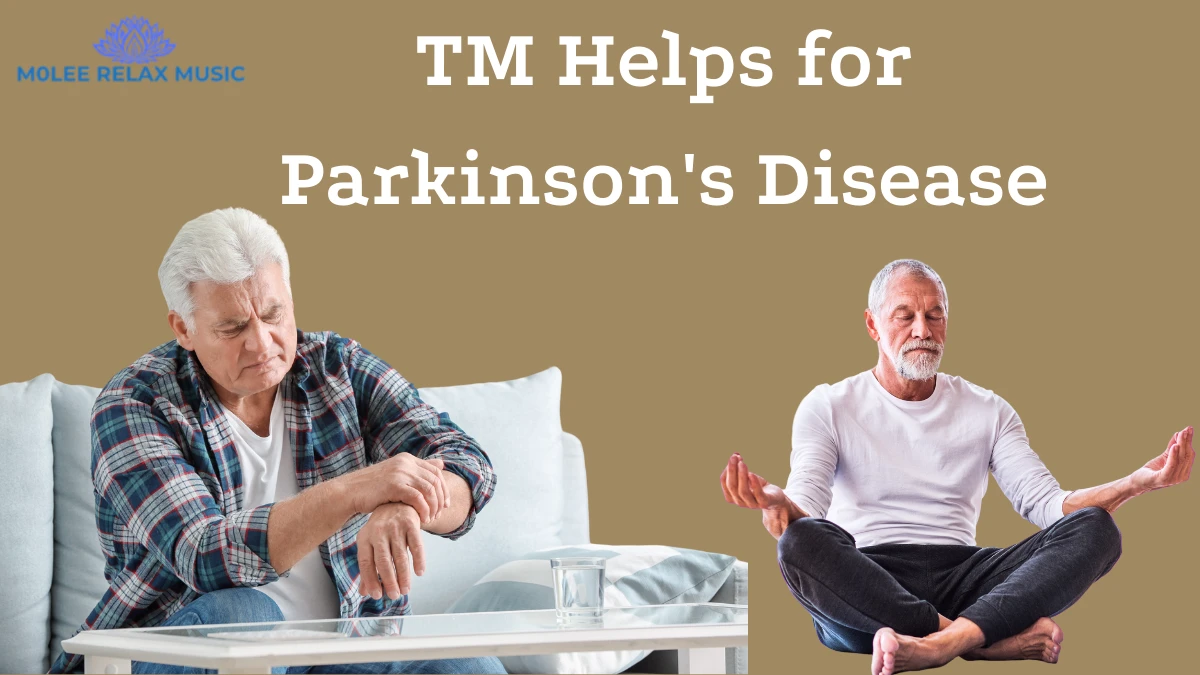
TM can help control the symptoms of Parkinson’s disease in several ways. These factors are discussed below.
1. Helps To Utilize Dopamine
Since the depletion of Dopamine causes Parkinson’s disease, a mechanism is essential to maintain regular movements and mood. Hence, TM helps to enhance dopamine utilization in the brain.
Also, TM can enhance the power of relaxation and reduce stress levels. Thus, TM helps with dopamine synthesis, release, and uptake in the brain.
2. Improve Non-Motor Symptoms
As Parkinson’s disease affects both motor and non-motor movements, TM helps improve the effects of non-motor movements.
While Parkinson’s disease leads to anxiety, depression, and sleep issues, TM may work as a response to enhance relaxation and reduce stress hormone production.
3. Enhance The Emotional Well-Being
When dealing with Parkinson’s disease, emotional well-being is challenging. For example, the patient may lose a sense of uncertainty, loss of independence, and changes in identity.
Thus, TM works as a powerful tool to enhance the emotional power to face the mental impacts and psychological and emotional aspects of Parkinson’s disease.
Meditation And Relaxation Techniques
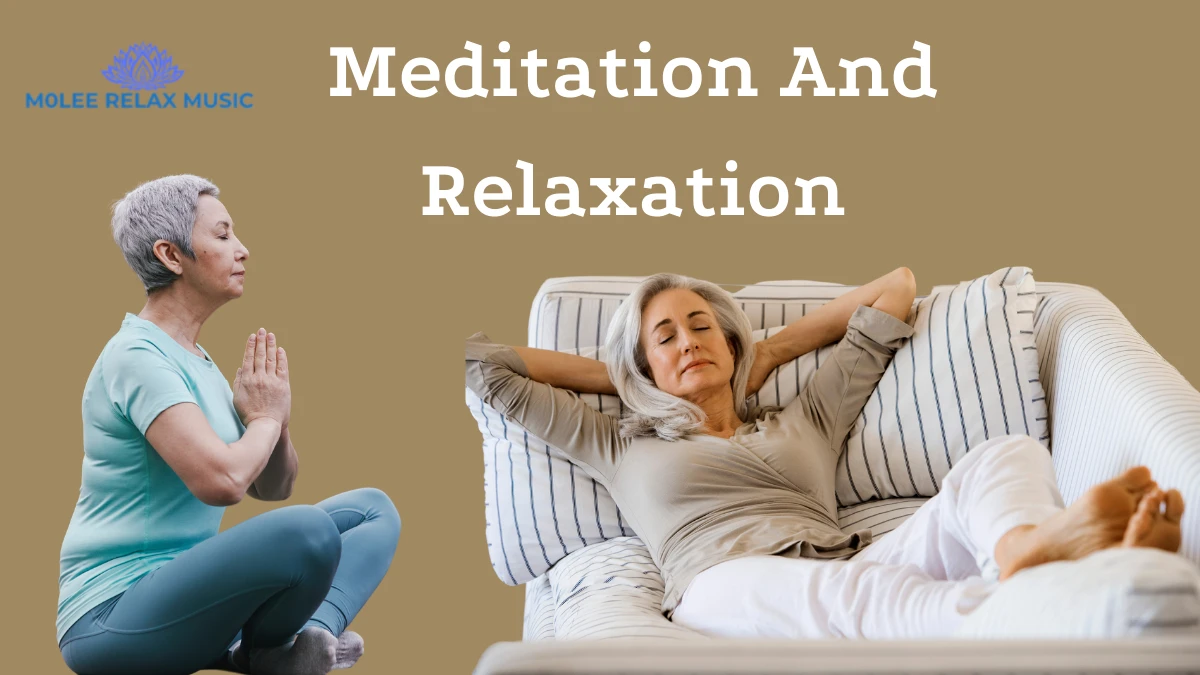
Meditation and relaxation are other primary tactics for controlling Parkinson’s. But before you integrate them into your routine, it is essential that you know a couple of factors about them and how they impact Parkinson’s, which is discussed below.
Is Meditation Good For Parkinson’s?
Yes, meditation is good for Parkinson’s. However, meditation cannot solely solve and cannot cure Parkinson’s; it may help to enhance relaxation, stress reduction, and emotional well-being.
Also, meditation helps overcome emotional and psychological challenges by providing inner peace and a sense of acceptance.
Even though meditation will not be a complete cure for Parkinson’s, it can serve as a promising therapy. Also, it helps to enhance the overall quality of life of patients so that they can lead healthy lives.
Can Meditation Cure Neurological Disorders?
Meditation can cure neurological disorders such as Parkinson’s disease to an extent, but it does not serve as the sole solution.
Since neurological disorders are complex diseases that are affected by the nervous system, including the brain, spinal cord, and peripheral nerves, meditation may help to overcome the symptoms and lead a quality life to an extent only.
However, research states that involving in meditation practices promotes brain health and the strength to face neurological damage.
Mindfulness And Parkinson’s Disease
Let’s identify how Mindfulness and Parkinson’s are correlated and how they affect your body.
What Is Mindfulness?
Mindfulness is a practice that includes paying attention to the current situation without any distractions. Thus, it is a process of practicing open awareness by being fully aware of all the instances, thoughts, feelings, and sensations around you.
Explore how TM differs from mindfulness in 9 different aspects.
How Mindfulness Tackles Parksinon’s Disease
The following are the key ways in which Mindfulness tackles Parkinson’s disease:
- Helps to manage the symptoms: Mindfulness helps you to effectively self-manage the symptoms caused by Parkinson’s disease. For example, you will be aware of your body’s appearance and accept it as you are. Also, it enhances your body’s motor function, balance, and coordination.
- Helps to reduce stress: Mindfulness helps to overcome the stress and anxiety caused by Parkinson’s disease. Thus, several mindfulness practices, including deep breathing and mindful movements, reduce stress levels to lead a quality life.
- Ensures emotional well-being: Parkinson’s disease significantly affects emotional well-being. Although it may lead to depression and frustration, these factors can be overcome and controlled through Mindfulness. Hence, a greater level of emotional flexibility can be maintained.
- Enhances cognitive function: Parkinson’s disease negatively impacts cognitive functions, such as memory and attention. Hence, mindfulness helps to improve these factors and helps people stay focused on daily activities.
Conclusion
In conclusion, Transcendental Meditation (TM), Mindfulness, meditation, and relaxation can effectively tackle Parkinson’s symptoms and effects on an individual. Hence, they give a ray of hope for all the souls facing the challenges of Parkinson’s disease.
Thus, it’s time to include these practices in your daily routine and sense the difference. We are sure you will find inner peace and acceptance and lead a practical life full of mental and physical health.
We hope this guide served as a guide to individuals living with Parkinson’s to look for the sunshine!
FAQs on Transcendental Meditation and Parkinson’s Disease
Can Parkinson’s disease get better?
Even though Parkinson’s disease cannot be cured, you can include meditation, TM, and Mindfulness in your regular routines to effectively manage your hard times.
What is the best lifestyle for Parkinson’s disease?
The best lifestyle for Parkinson’s disease involves exercising regularly, eating a healthy diet, using stress management strategies, socializing, and getting enough sleep.
At what stage of Parkinson’s does dementia start?
Dementia starts in the later stages of Parkinson’s disease. However, if you engage in regular cognitive checkups, it can help you manage dementia effectively.
References:
- https://tm-women.org/benefits-mind-healthy-brain/#:~:text=Neuroscientists%20have%20found%20that%20during,brain’s%20executive%20judgement%20is%20strengthened.
- https://mindsetsd.com/the-science-behind-tms-therapy/#:~:text=At%20its%20core%2C%20TMS%20therapy,balanced%20and%20healthy%20brain%20function.
- https://maharishischool.org/school-news-blogs/heal-your-nervous-system/#:~:text=Balancing%20the%20Autonomic%20Nervous%20System,ability%20to%20adapt%20to%20stressors.
- https://themindfulsteward.com/meditation/your-ultimate-guide-to-transcendental-meditation/
- https://www.webmd.com/balance/transcendental-meditation-benefits-technique
- https://www.nhs.uk/conditions/parkinsons-disease/
- https://my.clevelandclinic.org/health/diseases/8525-parkinsons-disease-an-overview
- https://www.mayoclinic.org/diseases-conditions/parkinsons-disease/symptoms-causes/syc-20376055
- https://www.parkinsons.org.uk/information-and-support/mindfulness-and-parkinsons#:~:text=Mindfulness%20is%20a%20therapy%20that,can%20go%20a%20long%20way
- https://briangrant.org/how-mindfulness-meditation-helps-parkinsons/
- https://maharishischool.org/school-news-blogs/heal-your-nervous-system/#:~:text=Balancing%20the%20Autonomic%20Nervous%20System,ability%20to%20adapt%20to%20stressors.
- https://sitn.hms.harvard.edu/flash/2009/issue61/


